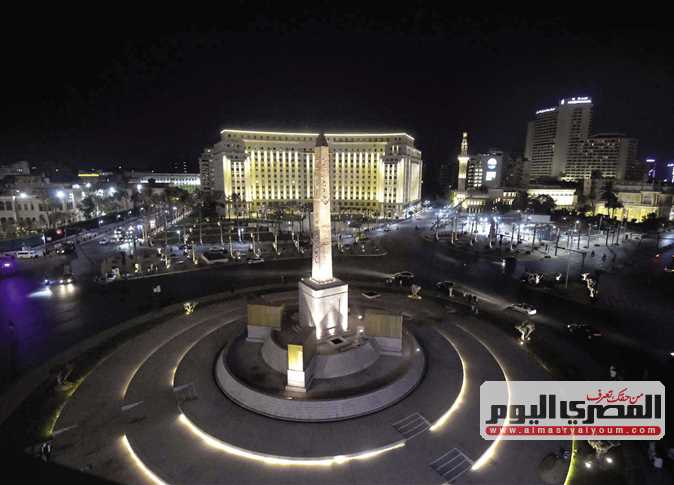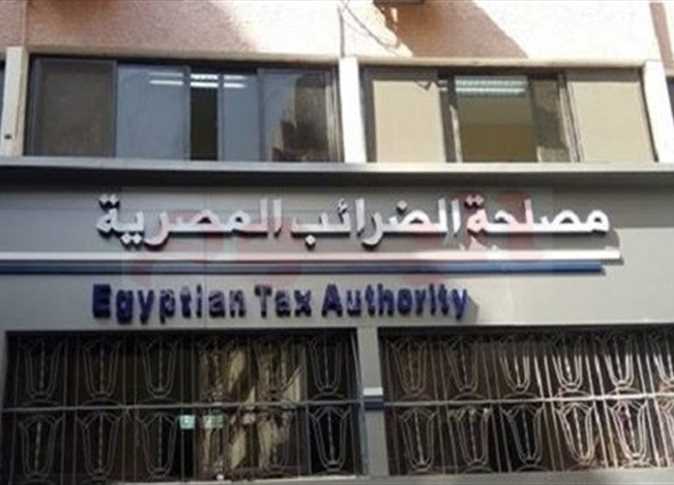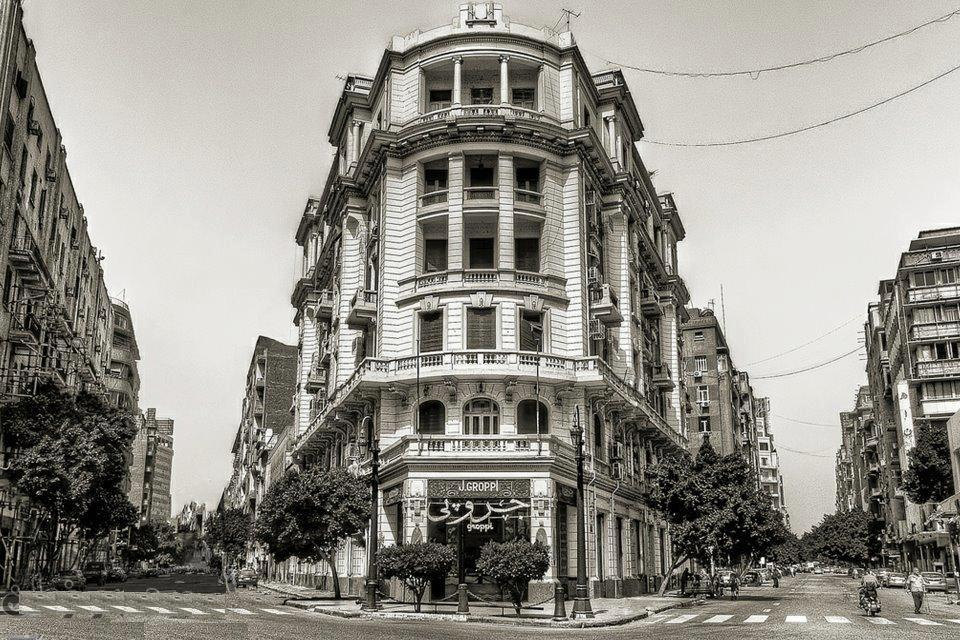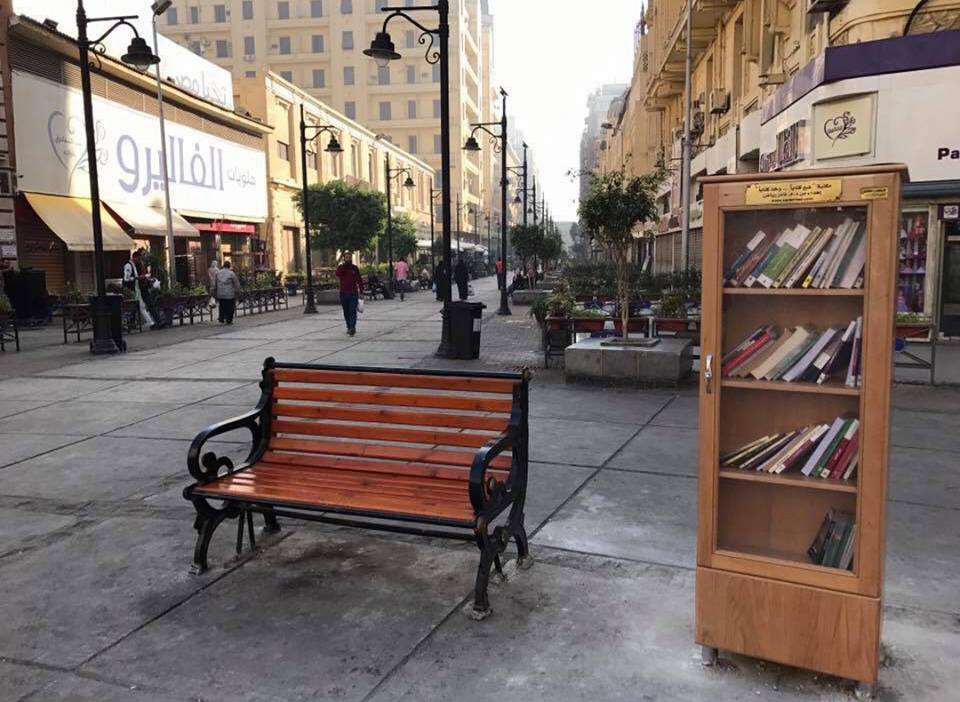Two weeks ago, the novelist Mekkawi Said published his latest book, a collection of short stories called Moqtanayat Wust el-Balad (Downtown Collection). The collection, published by Dar el-Shorouq, documents the lives and faces of bustling downtown Cairo.
Said made his mark on the world of modern Arabic literature after his novel Taghridat el-Bagaa (The Swan Song) was nominated for the Arabic Booker Prize. Earlier literary works include El-Raqd Wara’a el-Do’e (Running After Light) and Fe’ran el-Saffina (The Ship Rats); the latter won the Souad el-Sabah Prize in 1991.
Moqtanayat Wust el-Balad compiles glimpses into the dynamic lives of downtown locals, set in the neighborhood’s cafes, cultural centers, and hangouts. An array of colorful characters–social climbers, poets, writers, and struggling artists–mingle on the pages.
The characters are almost entirely fictional, Said told Al-Masry Al-Youm. Among his favorites are Dr. Galal, the dentist; Lor Dakash, the famous singer and poet; and downtown’s Stella Bar, which becomes a character in itself (and, as any local knows, very real one). The writer spent the last of the three years writing the book researching downtown’s cafes and bars, relying mainly on word of mouth to locate the often well-hidden spots.
The book takes the form of short stories rather than a novel because Said realized that the sheer number of characters he conceived of required a format more easily digestible to readers; el-Maraya (Mirrors) by Naguib Mahfouz was his inspiration.
Illustrator Amr Kafrawy’s contributions further help readers engage with the characters. Said was impressed by how the young artist was able to convincingly depict characters much older than himself and belonging to a different time.
Said’s language is eloquent yet simple; it suits his characters, who sit in Ali Baba café or Groppi to discuss art and culture, politics, and the latest gossip.
The book also reflects the many political changes taking place during Egypt’s modern history, such as the 1952 revolution, the extinction of the bourgeoisie, the emergence of socialism, the 6th of October war, the Sadat era, the rise of capitalism, and the death of freedom of expression.
Downtown Cairo is so intimately conveyed in the stories that regular visitors to the area will recognize the streets and haunts. But the book is not only for them. For any reader, Moqtanayat Wust el-Balad opens a window onto a complex and fascinating world of contradictions and marvels.
Moqtanayat Wust el-Balad is available at Diwan in hardcover.




